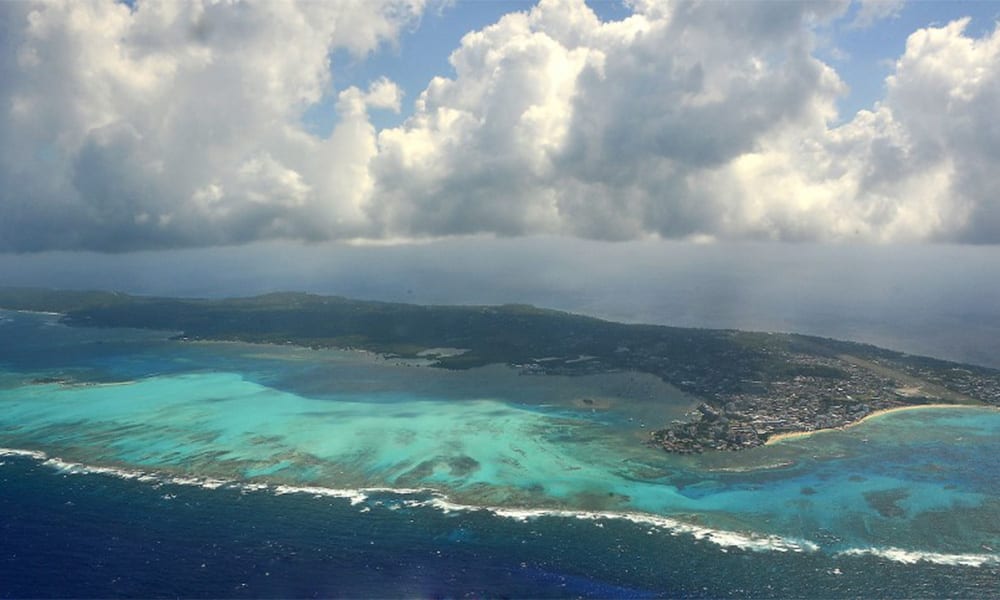The United Nations’ top court has dismissed Nicaragua’s claims against Colombia in a decades-long legal battle over an oil- and fish-rich swathe of the Caribbean Sea.
The International Court of Justice (ICJ) said on Thursday that it “rejects” Nicaragua’s bid to improve an earlier 2012 ruling that gave it a large chunk of the Caribbean, while awarding seven small islands to Colombia.
The ruling is a major victory for Colombia, which had been seeking to protect its maritime interests in the region. It is also a setback for Nicaragua, which had been hoping to expand its territory in the Caribbean Sea.
The legal battle between Colombia and Nicaragua dates back to 2001, when Nicaragua filed a case with the ICJ arguing that its territory extended beyond the 200 nautical miles (230 miles, 370 kilometres) from its coastline that is customary under international law.
Nicaragua claimed that its territory should instead follow the continental shelf that extends under the sea from its coastline. This would have given Nicaragua a much larger maritime area, including the archipelago of islands that Colombia had claimed. In 2012, the ICJ ruled in favor of Colombia, awarding it the archipelago of islands and rejecting Nicaragua’s claims to a larger maritime area. Nicaragua appealed the ruling, but the ICJ upheld it in 2016.
Unsatisfied with the outcome, Nicaragua went back to the ICJ in 2013, arguing that the court had not taken into account all of the relevant factors when it made its ruling.
The ICJ rejected Nicaragua’s claims on Thursday, saying that the court had “already considered all of the relevant factors” in its 2012 ruling. The ruling is a major victory for Colombia, which has been seeking to protect its maritime interests in the region. It is also a setback for Nicaragua, which had been hoping to expand its territory in the Caribbean Sea.
The ruling is likely to have a significant impact on the future of the region, as it will determine how the maritime resources in the Caribbean Sea are divided between Colombia and Nicaragua.
The ruling is also a reminder of the importance of international law in resolving territorial disputes. The ICJ is the world’s highest court for resolving disputes between countries, and its rulings are final and cannot be appealed. The ruling is likely to be welcomed by Colombia, which has been seeking to protect its maritime interests in the region. It is also likely to be welcomed by the international community, which has been concerned about the rise of tensions between Colombia and Nicaragua in recent years.
The ruling is a significant victory for Colombia, and it is likely to have a lasting impact on the future of the region.
The Dispute Resolution
The ruling by the ICJ is a major victory for Colombia and a setback for Nicaragua. It is a reminder of the importance of international law in resolving territorial disputes, and it is likely to have a significant impact on the future of the region.
The ruling is likely to be welcomed by Colombia, which has been seeking to protect its maritime interests in the region. It is also likely to be welcomed by the international community, which has been concerned about the rise of tensions between Colombia and Nicaragua in recent years.
The ruling is a significant victory for Colombia, and it is likely to have a lasting impact on the future of the region.






